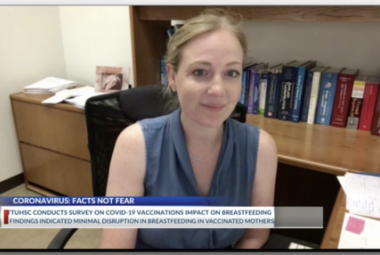Home Page
Research
Every year, the InfantRisk Center publishes studies on the transfer of various drugs into breast milk. We invite you to review these studies and consider participating in one of them. Participation is simple: you will need to collect samples of your breast milk at regular intervals, freeze them, and send them to our laboratories using prepaid overnight mailing. Your involvement will greatly contribute to our research and help ensure the safety of medications for breastfeeding mothers.
























